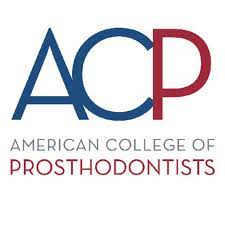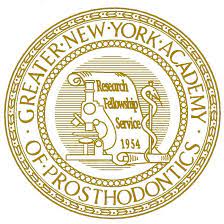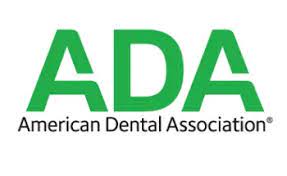Sleep apnea occurs when someone periodically stops breathing while they are sleeping. Their brain and the rest of their organs are deprived of oxygen as a result. The longer the delay in breathing, the more dangerous it becomes.
This condition also interrupts sleep, which causes other problems for the body. It is important that you find a treatment solution that works for you.
There are two types of sleep apnea - central and obstructive. With obstructive sleep apnea, the soft tissue in the back of the throat collapses, causing an obstruction and inability to breathe. With central sleep apnea, the brain simply stops telling the body to breathe. The muscles cease movement because the respiratory control center shuts down. Males over 40 and those who are overweight have a higher risk of sleep apnea. Family history and genetics also play a role.
A CPAP machine is used to treat sleep apnea and force air through the system. Unfortunately, this treatment can cause tooth problems. Patients have reported feeling pain and discomfort, sensitivity, and discover tooth gaps and over or under bites have returned. Experts aren’t exactly sure why this happens.
Regardless, sleep apnea needs to be treated. If not, it can lead to serious problems such as a heart attack, stroke or high blood pressure. Keep yourself safe by consulting with your doctor and dentist to determine your needs.

We value your time, so we always run on schedule, respecting your commitments, with no double bookings and minimal wait times. Experience dentistry like never before in our award-winning clinic.






